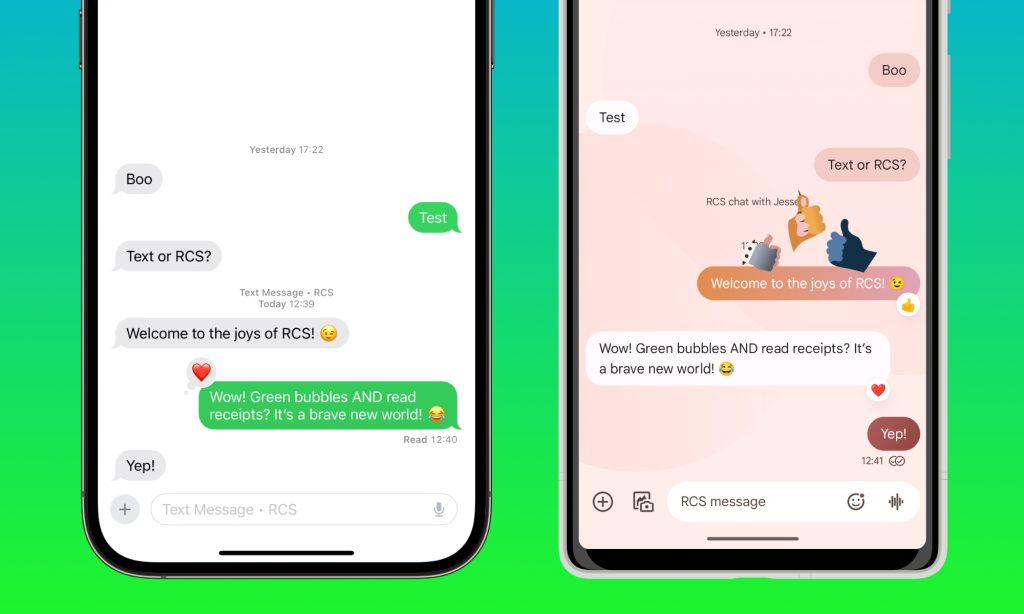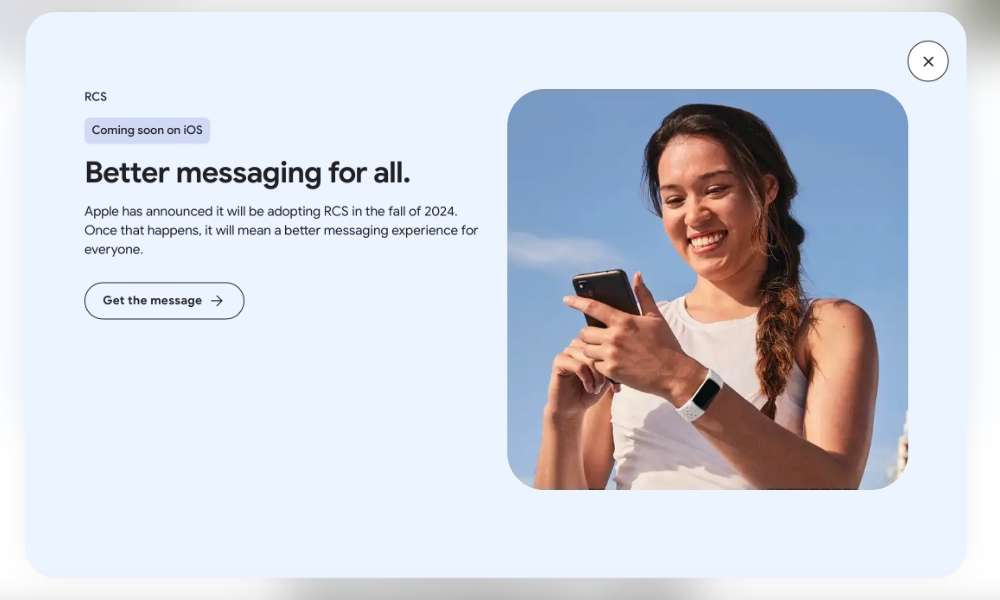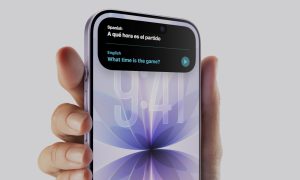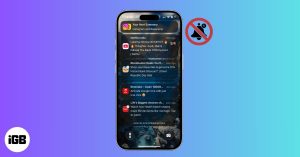iPhone RCS Chats Will Soon Gain End-to-End Encryption

After years of holding out, Apple gave us all a big surprise when it announced in late 2023 that it was finally bringing RCS support to the iPhone.
Apple took its typically oblique approach in the announcement, saying only that it was coming “later next year” without mentioning any specific software releases. It wasn’t hard to guess that likely meant iOS 18 (and it did), but Apple tends to avoid mentioning new iOS releases until it’s ready to unveil them. It made a similar announcement regarding the Siri improvements in Apple Intelligence, using “in the coming year” as a placeholder for what most analysts clearly know means iOS 19.
RCS is short for Rich Communication Services, and while it was Google that has championed the new standard, which allows iMessage-like features to work between different platforms, it’s actually been around for nearly 20 years. It was proposed to the GSM Association (GSMA) — the trade group of global cellular carriers — in 2007, as a replacement for SMS. However, it ended up reflecting the old adage that an elephant is a mouse designed by a committee; with so many cooks in the kitchen, it failed to gain any real traction until Google picked up the ball and ran with it in 2015.
After that, Google began trying to persuade Apple to embrace RCS to help mitigate the dreaded green bubble phenomenon by bringing things like high-quality media, typing status indicators, and read receipts to cross-platform messaging.
Sadly, Apple didn’t feel the need to spend engineering resources on something that would ultimately only make life better for a rival smartphone platform. It wasn’t until China forced its hand that the iPhone maker finally relented.

Nevertheless, Apple made it clear that it would only be adopting the RCS Universal Profile — the standard developed and approved by the GSMA — and not any of the add-ons that Google had baked into its implementation. Most significantly, this meant there’d be no end-to-end encryption (E2EE) in the mix, as that’s not currently part of the RCS Universal Standard.
While iMessage has supported full E2EE from its inception in 2011, Apple’s decision wasn’t really about giving iMessage a leg up over RCS. It was more about sticking with the open standard and not getting into a potential quagmire of proprietary extensions — especially one where Google could be calling the shots.
Apple also wasn’t at all against E2EE; it just said that it would only implement it when the GSMA came up with a version that was part of the official spec. The good news was that the GSMA announced last year it was doing exactly that.
Today, the GSMA made it official in the RCS Universal Profile 3.0, and, true to its word, Apple is already preparing to adopt the new profile, bringing full E2EE to RCS conversations between iPhone and Android users.
Apple confirmed this in a statement to 9to5Mac, where it committed to adding support, but also noted that it wouldn’t be coming right away.
End-to-end encryption is a powerful privacy and security technology that iMessage has supported since the beginning, and now we are pleased to have helped lead a cross industry effort to bring end-to-end encryption to the RCS Universal Profile published by the GSMA. We will add support for end-to-end encrypted RCS messages to iOS, iPadOS, macOS, and watchOS in future software updates.
Apple’s statement to 9to5Mac
That’s fair, as RCS is a core component of iOS and Apple’s Messages app. It will take the company’s software engineers time to implement and fully test the new RCS Universal Profile 3.0 before it’s ready for prime time — and that’s particularly important when dealing with something that involves end-to-end encryption. After all, iPhone users who rely on this kind of security want to be confident it works, especially in an era when not just cybercrooks, but even governments of ostensibly free countries, are all trying to snoop on our data.







